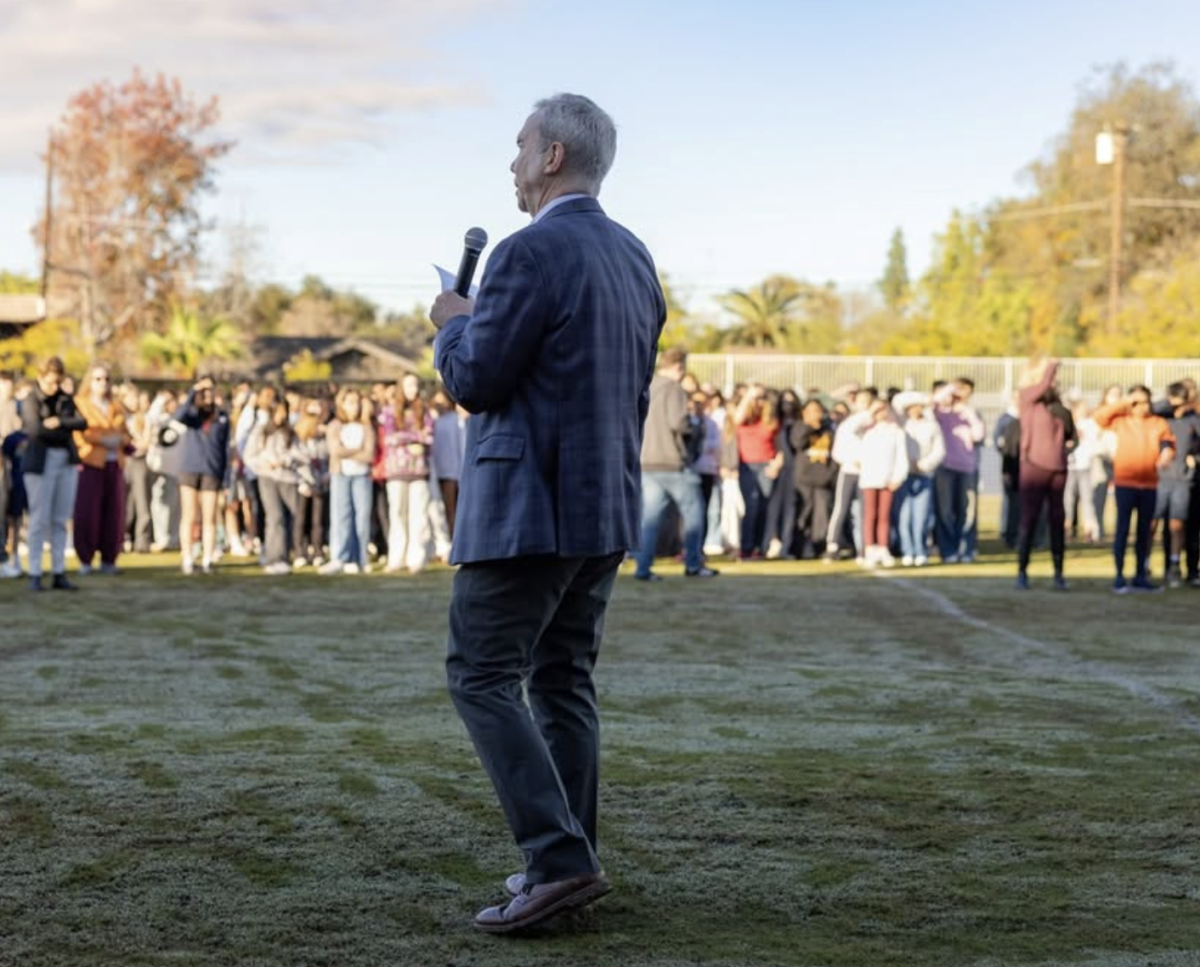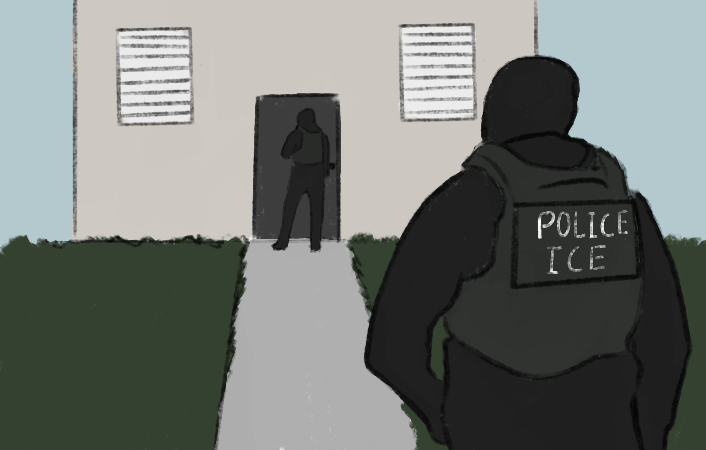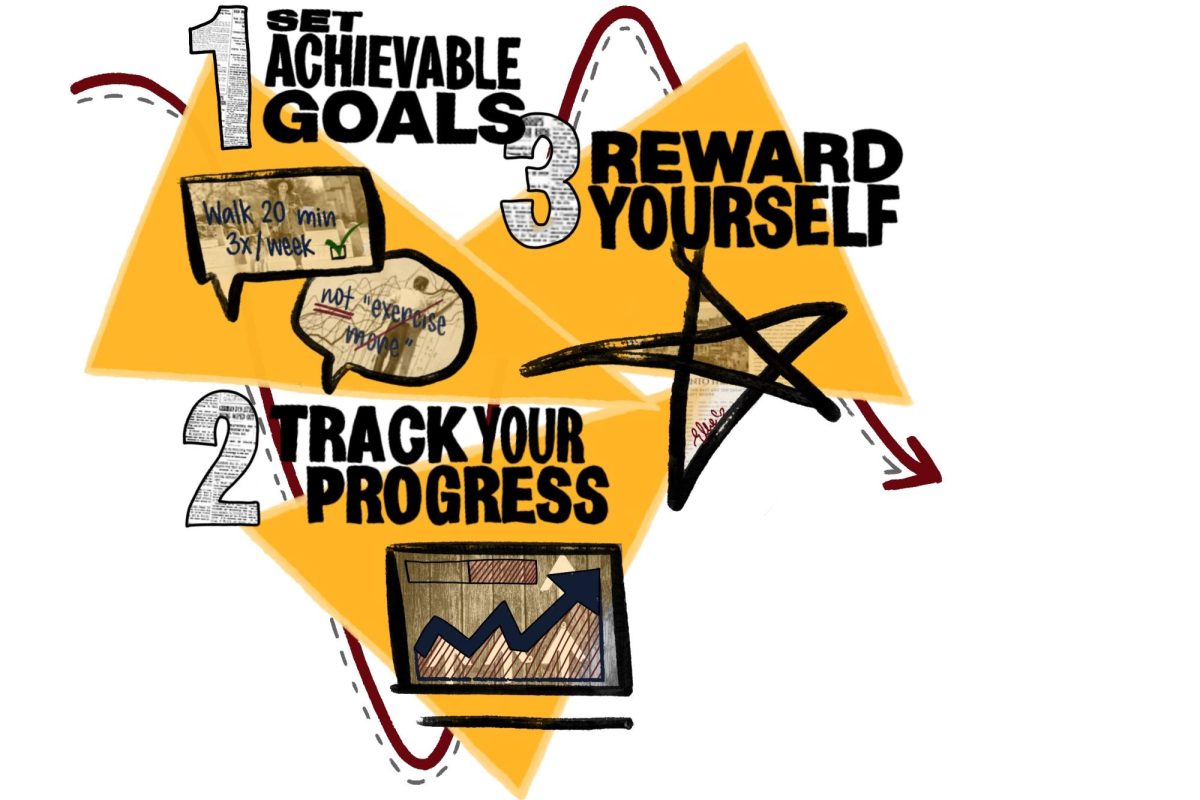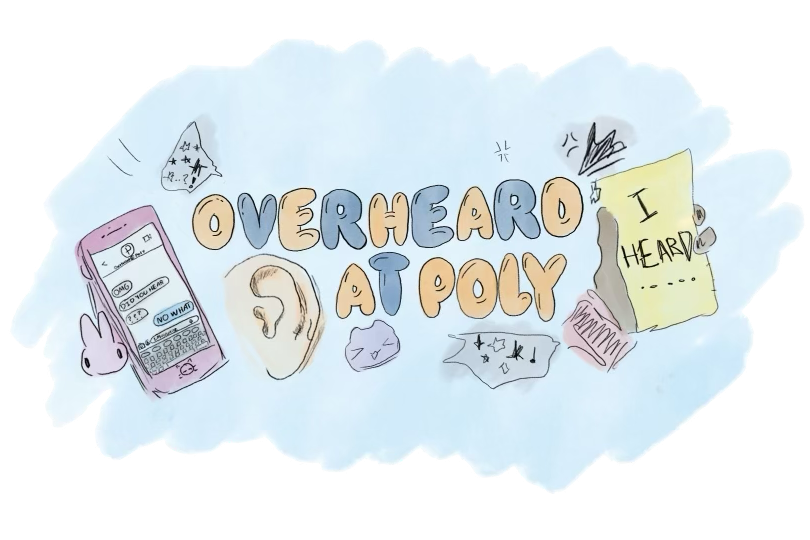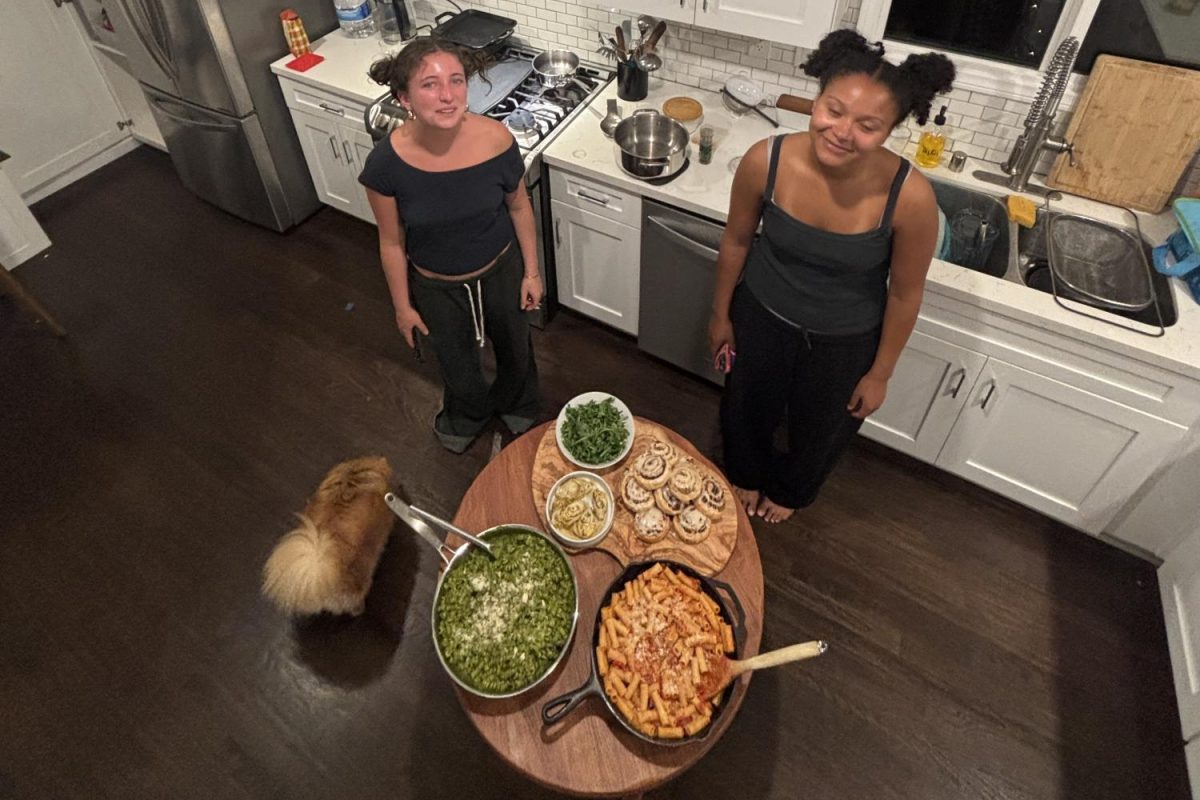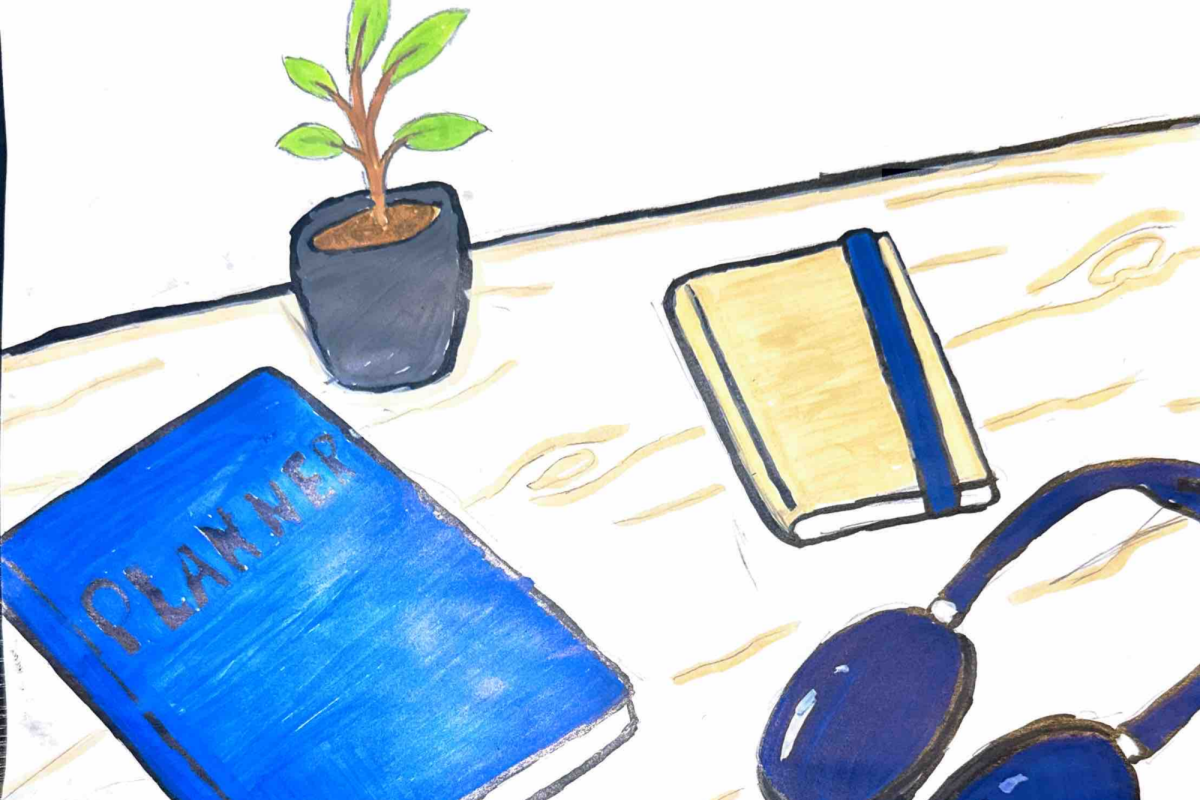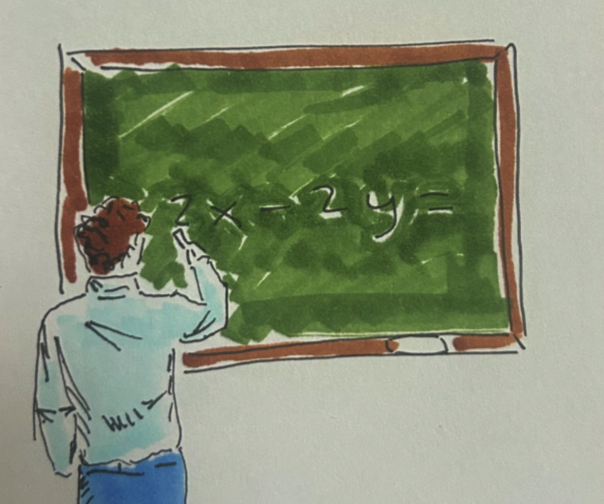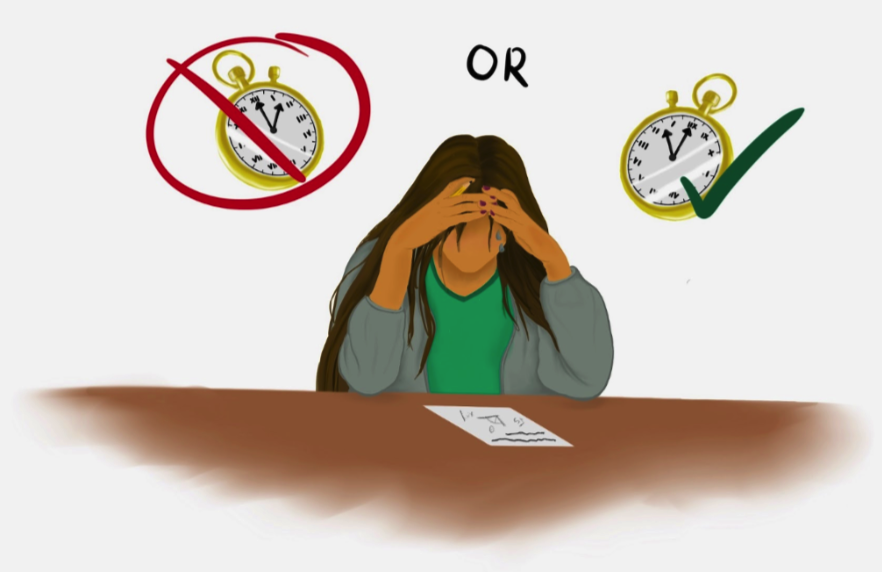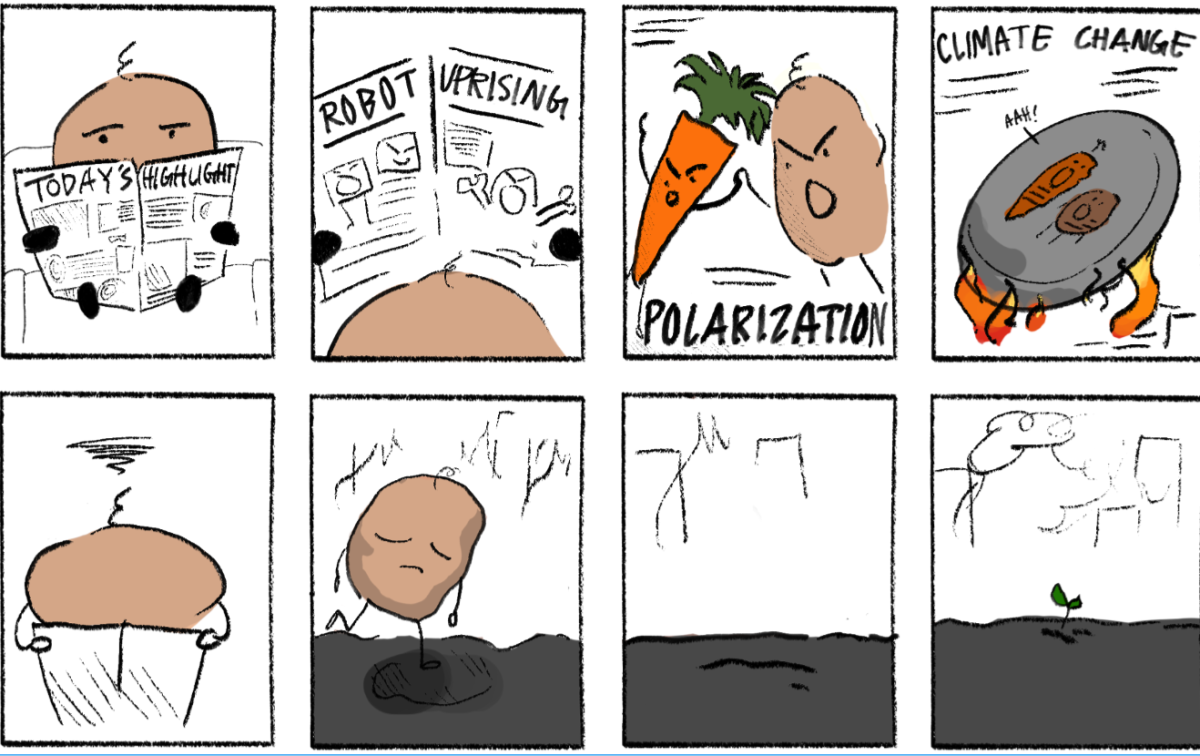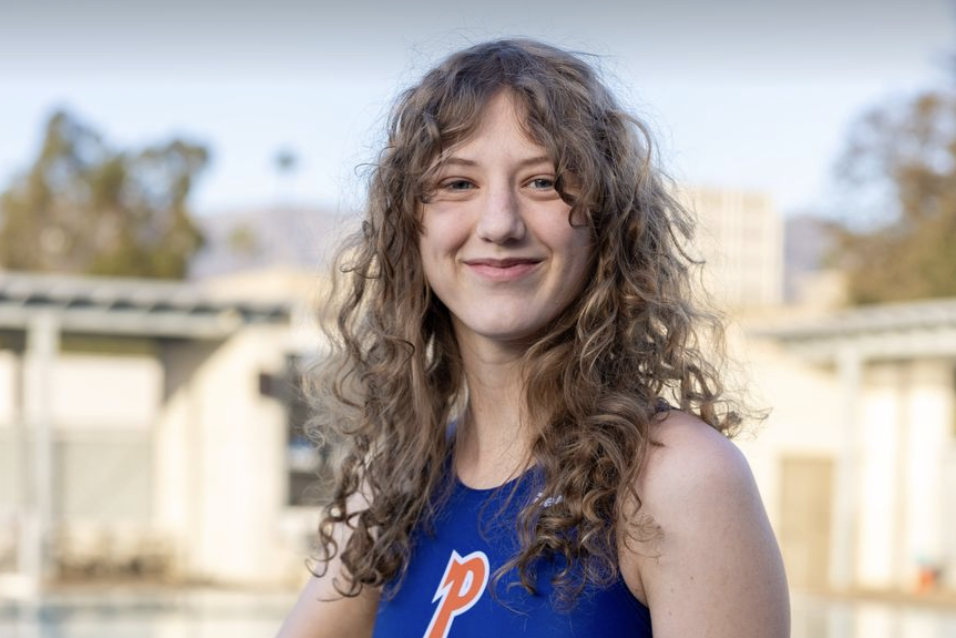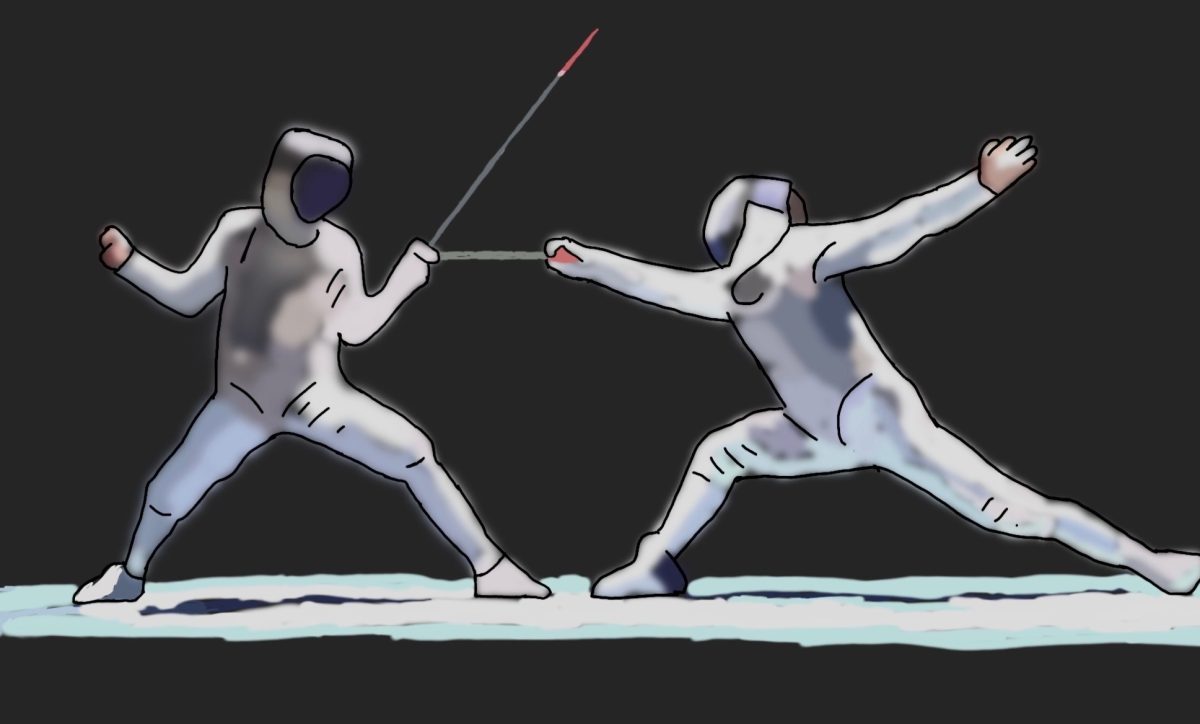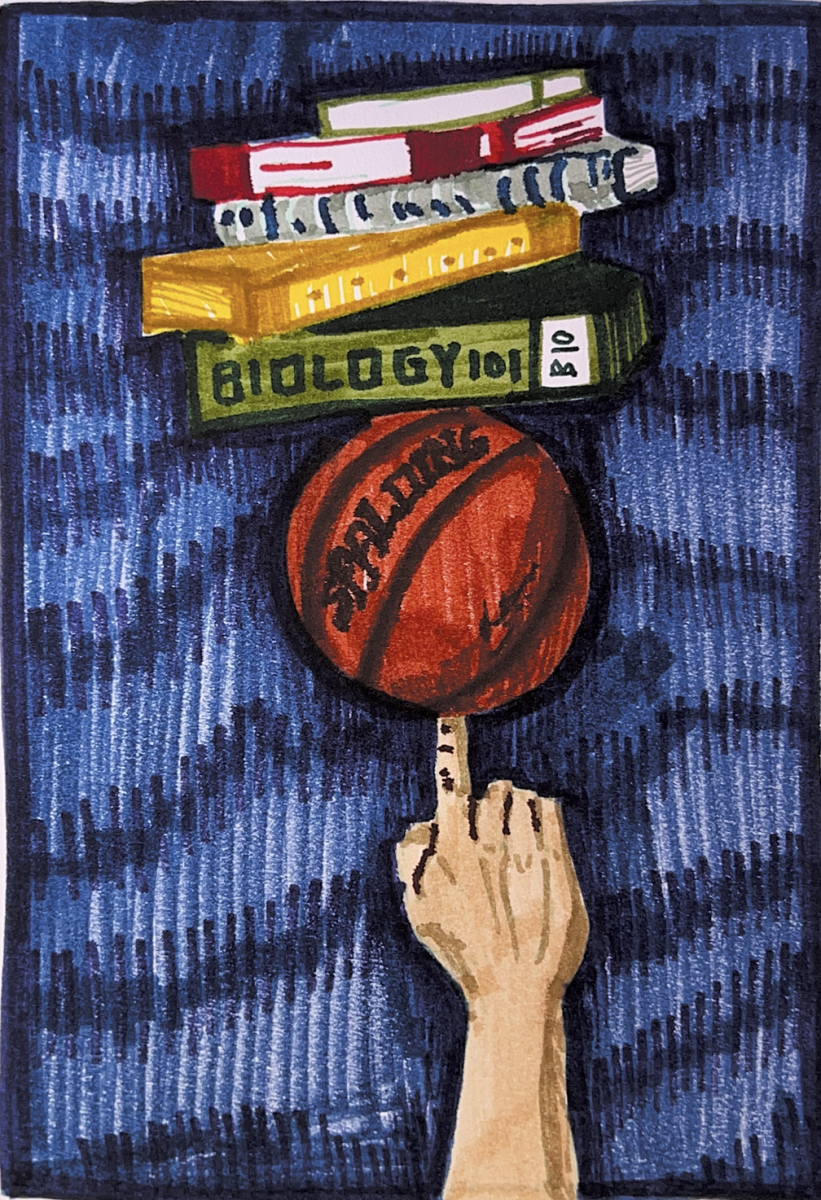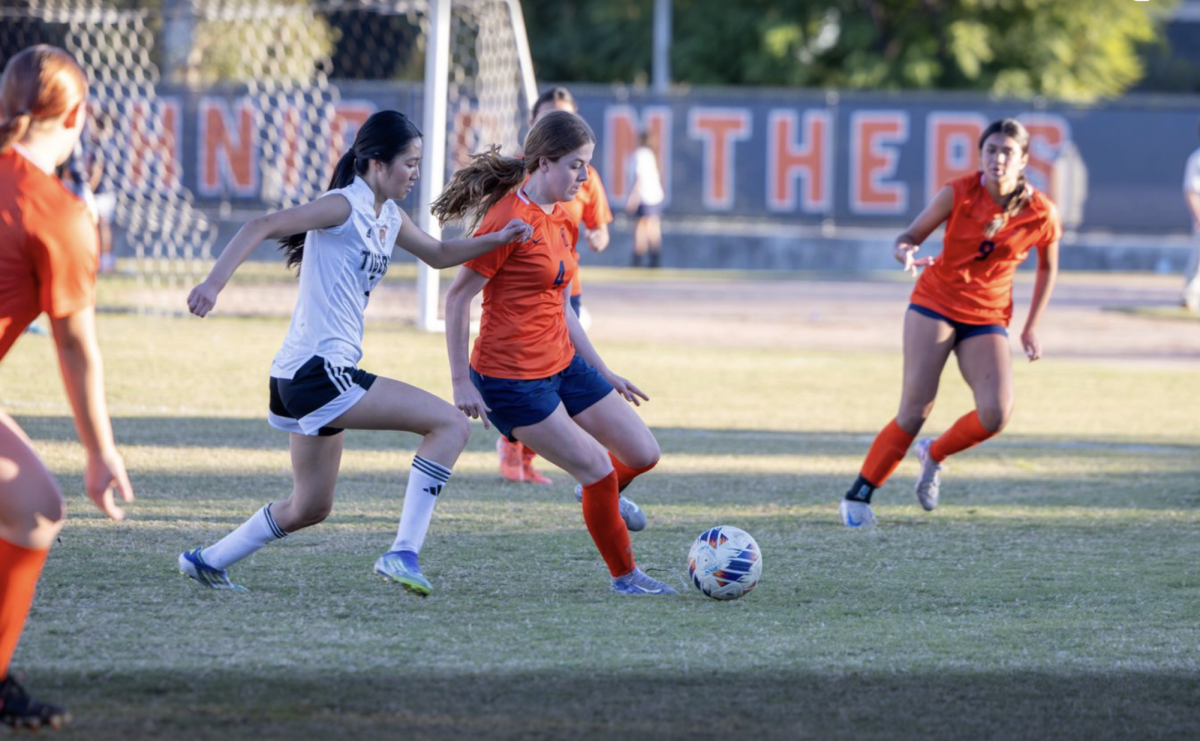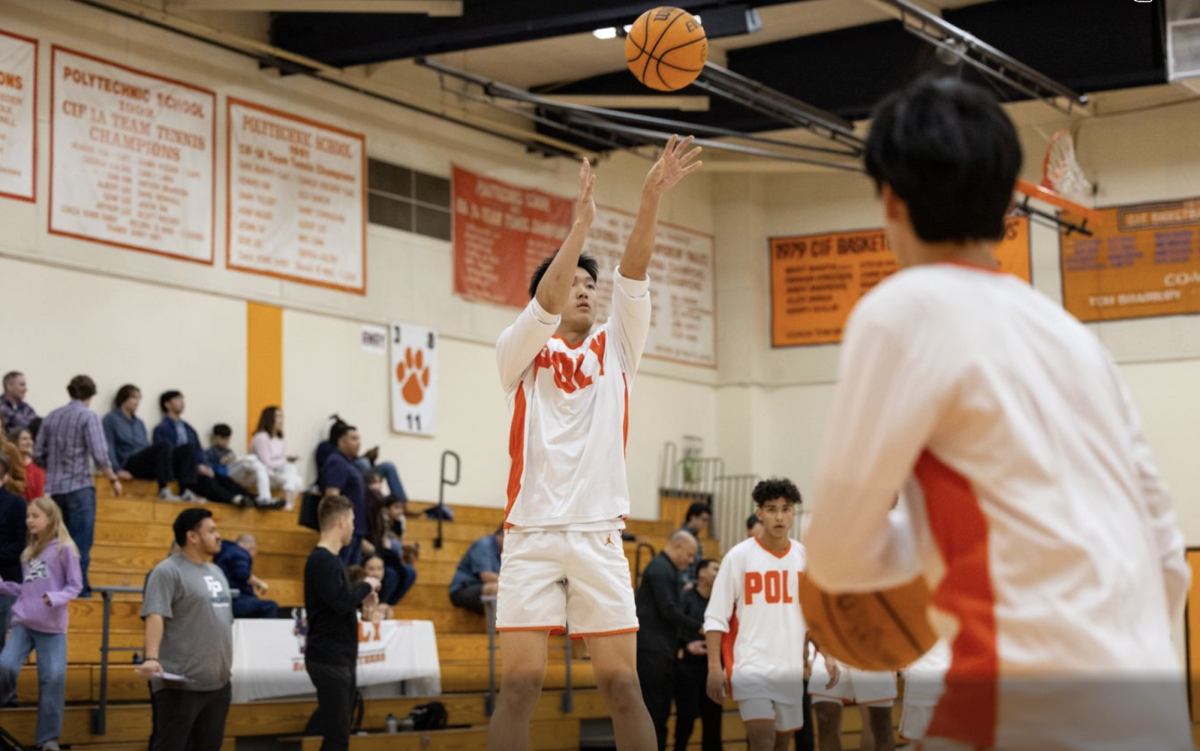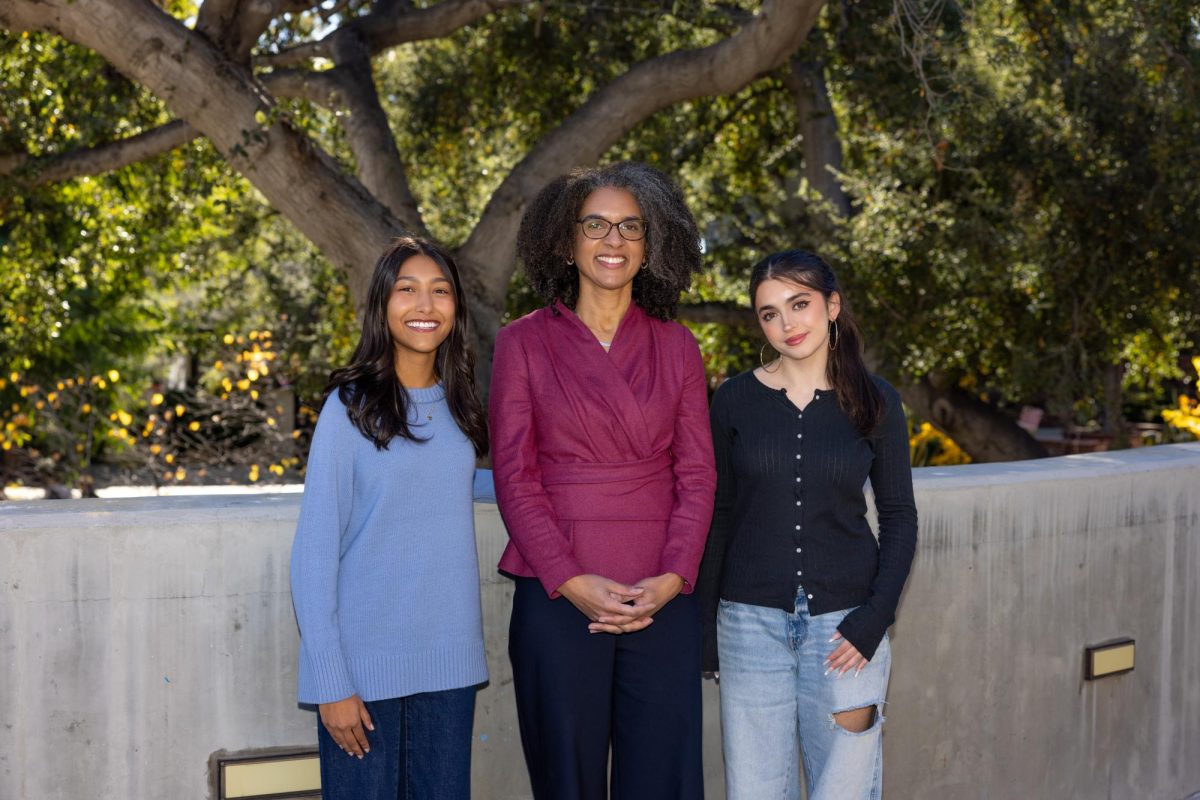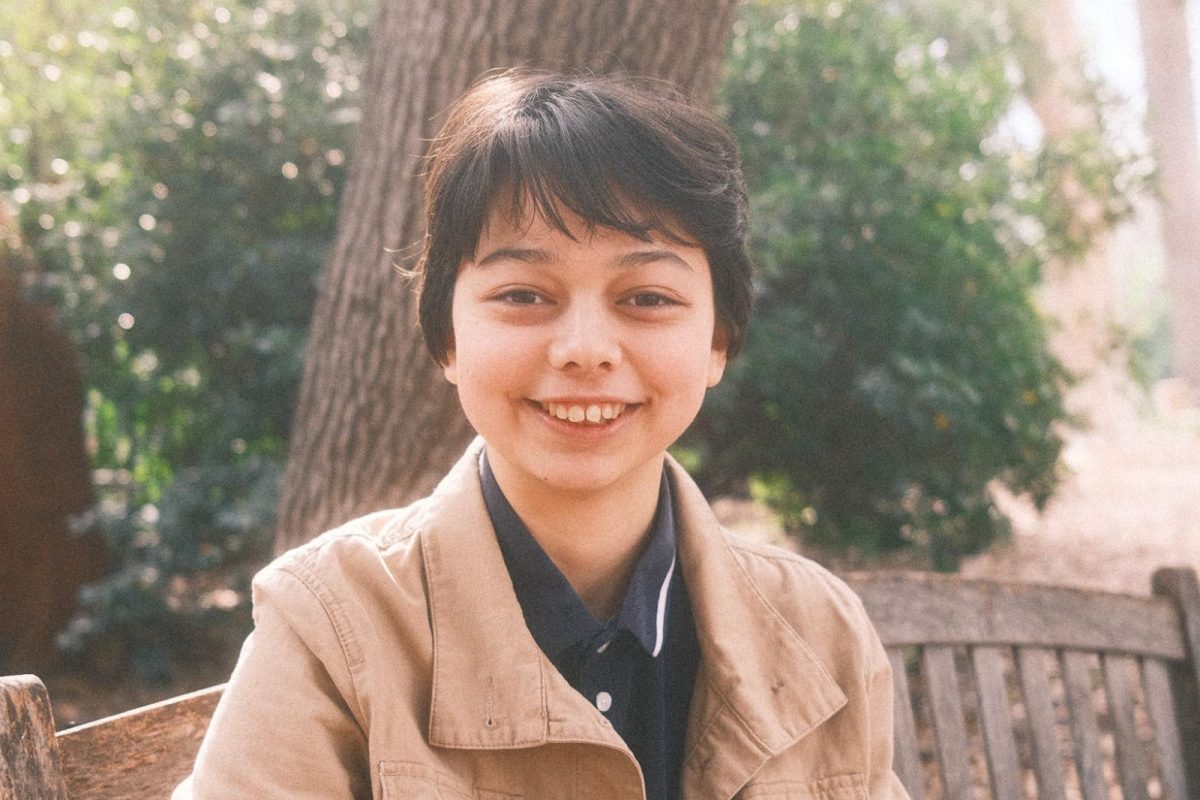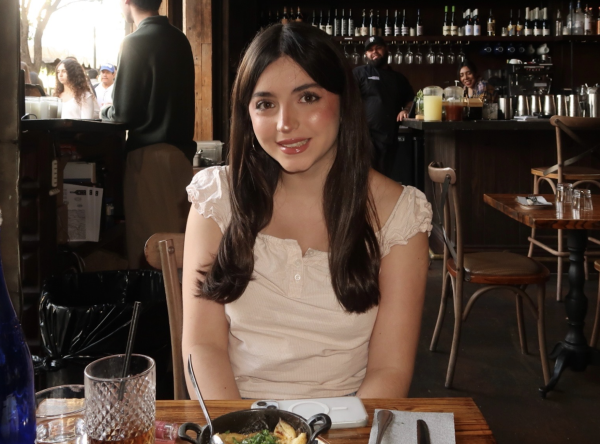I return to school after the fires thinking my words will fail me, that I can’t string syllables together and wrap them around the enormity of the past week. I expect to encounter sadness, to cut through grief as I walk to class. I imagine Poly will look different—not physically, but in the way its students hold themselves under the heaviness of tragedy.
I come back to school, however, and see people smiling against the weight of sadness, teachers crowding the entryway as they pass out “Poly Strong” stickers, students slowly trickling onto campus.
Walking past Garland, I listen as classmates complain about math homework and upcoming essays, planning their free periods and musing about lunch options. I set my backpack by the red tables on Erdman and hear the joy—a radical, bold joy. The kind of resilient happiness that sprouts under unkind conditions. Different voices crescendo into laughter, conversation spreading across the concrete expanse.
I see my friends returning from Haaga, holding paper cups of hot chocolate and complimenting each other for styling the bright orange Poly t-shirts.
I watch students flit in and out of the space, fragmented discussions jumbling in the soundscape, and, in this moment, I realize it was the silence that had scared me––the lack of something to drown out my thoughts and anxieties and grief, to distract me from the chime of my phone, another forgotten contact asking me if I was okay. I expected laughter to feel wrong, insensitive somehow, but as it fills the air above the patio, decibels falling from our tongues and dissipating with our breath, it feels necessary.
We buoy ourselves in sound––grieving, yes, but savoring the moment.
We fill up on conversation, gorging on pleasantries, because every word feels important. We feel lucky to be lamenting our classes again, refreshing MyPoly instead of scrolling through social media posts, headlines and devastation peering back at us from the blue light. We can look up now—talk face to face again.
The smallest acts become special, those moments that would usually slip through the seams of our memory. We make them special. We let ourselves be loud and laugh and joke.
There are reminders of the fires, of course—the day’s modified schedule, the announcements at Morning Meeting. Yet, in this moment, sadness and joy have learned to coexist. We have learned to retrace the footsteps of our old routines, latching onto normalcy while remembering the pain behind us, the healing ahead of us.
In this moment, we are together again—and that is enough for now.

